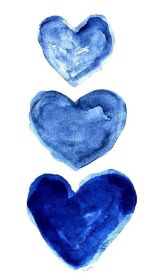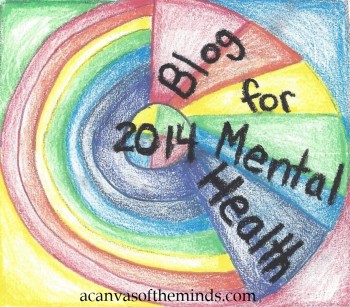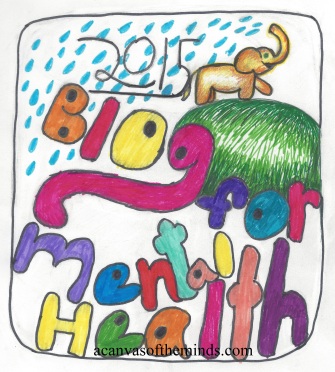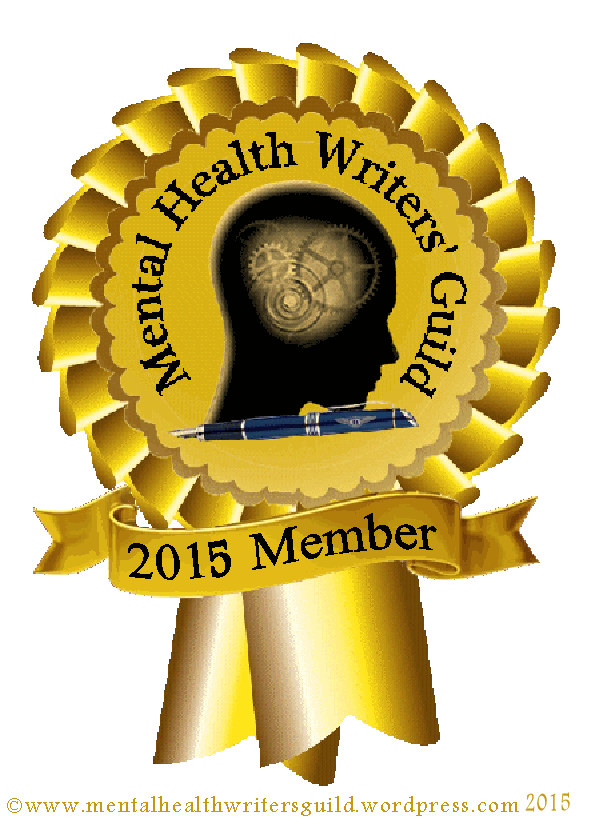
When I was in grad school, clinical depression was described as this discrete period that occurred in episodes with a clear beginning and ending. It was even called the common cold of mental illness. Like you would know when you had caught it, and then you’d get better and be in remission. If you had a genetic predisposition, you could be at risk of recurring depressive episodes, potentially for life.
You could also have this more chronic but less severe form of depression called dysthymia. Sometimes you could be unfortunate enough to have dysthymia and major depression at the same time. Double depression, it was called. As though you could have carefully measured doses of depression, and double depression has 2 cups of symptoms instead of 1. Which is strange, because you can’t have double of any other mental disorder.
Now that I’m a practicing psychologist, I know that the diagnostic categories are not as neat and clean as they were made out to be. As a person who has been depressed for most of my life, I can say that major depression feels distinct, but it is not always clear when I am depression-free vs having dysthymia. There are times when I didn’t think I was depressed in the moment, but when I look back, it’s clear that I was.
Often we tell clients who are on meds that they can begin tapering off once they are in a period of stability. Over the summer, perhaps. Or some time after they have gotten settled in their new job. Maybe the problem for me is that there is never a period of stability. Never some time when there isn’t some family crisis. When there isn’t some problem that I’m dealing with. If anything, I would say there have been episodes of stability that have broken up the more chronic feeling of being depressed.
I don’t to want give the impression that I’m always miserable, because I’m not. Like I said, sometimes I don’t even realize I’m depressed. Sometimes it only lasts a few hours or a few days. And it doesn’t feel the same every time. So at least there’s some variety to it.
Every now and then I get upset about how unfair it all seems. The depression. The anxiety. The family craziness. The stress that comes with thinking I need to save the world. But life isn’t fair, right? And I am blessed and fortunate in other ways. If I had to choose my suffering, at this point I’d choose mental illness, because at least it’s familiar to me. I know what to expect. I know how to manage it.
And the meds do help. So does therapy, self-care, mindfulness, and self-compassion. I think depression has made me wiser. It has made me a better therapist. I’ve learned to accept the ebbs and flows of my mood, and of life in general, without beating myself as much, because I’m doing the best that I can.
This week is finals week. We are all willing ourselves to make it to the break, exhausted from the semester. Despite taking my meds, talking to my therapist, and practicing self-care, mindfulness, and self-compassion, I’ve still had bad days. But I’m determined to get that Perfect Attendance award, so I’ve made it to work when I’m supposed to be here.
Today I would call my mood cornflower. Which is a pretty shade of blue.






Pingback: It’s Time | Normal in Training